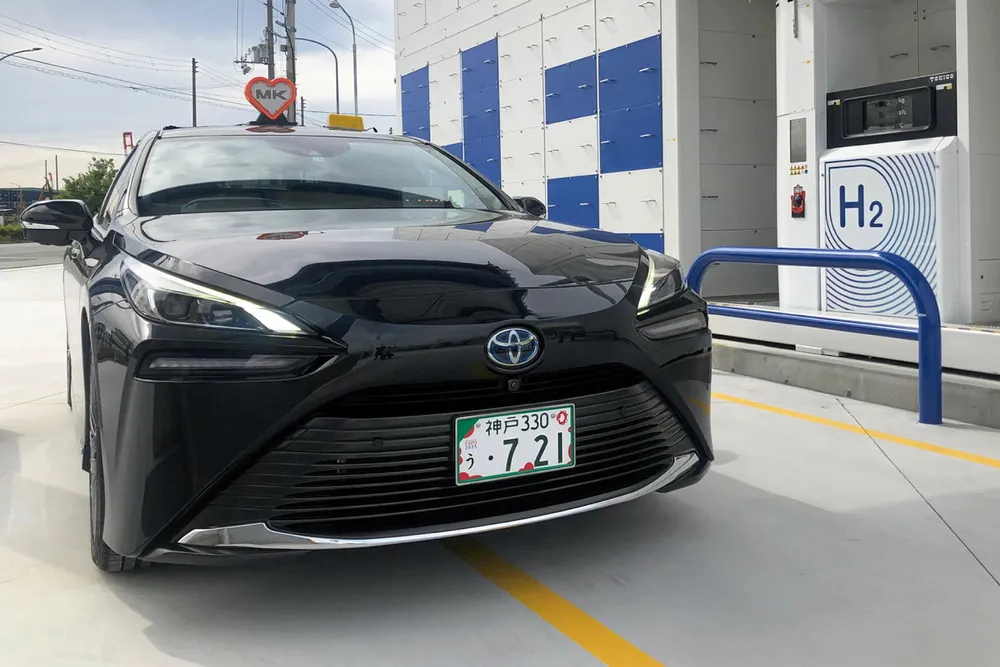EXCLUSIVE | Hydrogen car sales in Japan have fallen by 83% over the past two years, new figures show
Government is targeting 800,000 passenger FCEVs on its roads by 2030, up from about 8,000 today

Government is targeting 800,000 passenger FCEVs on its roads by 2030, up from about 8,000 today
